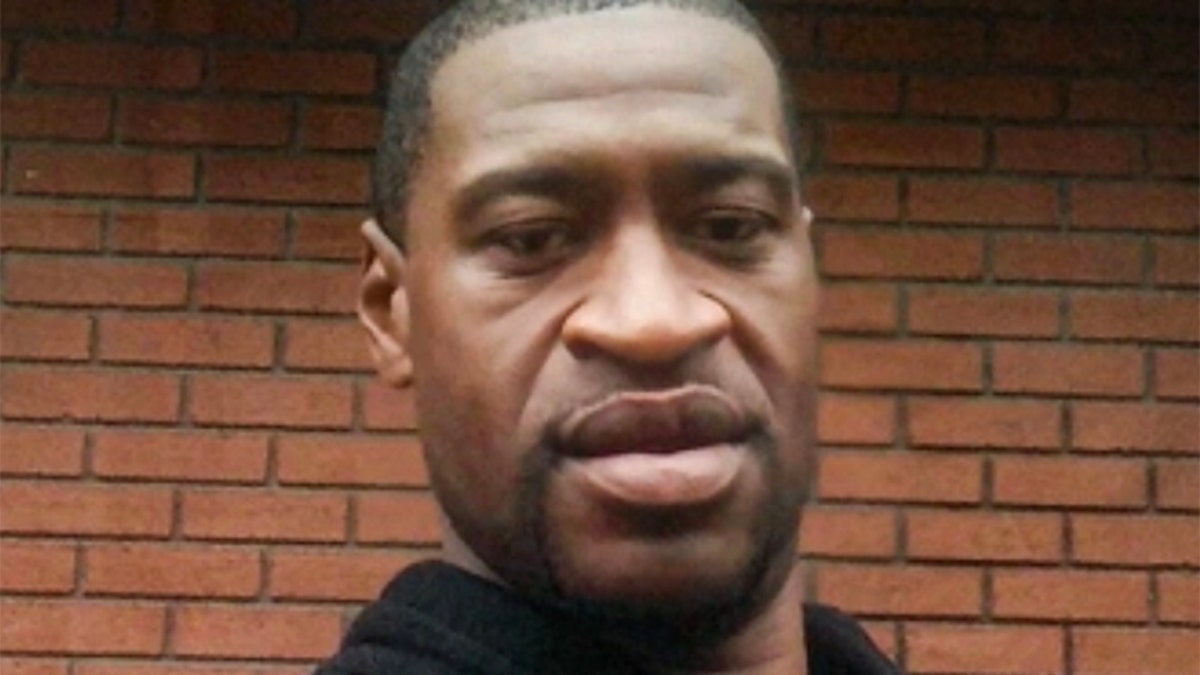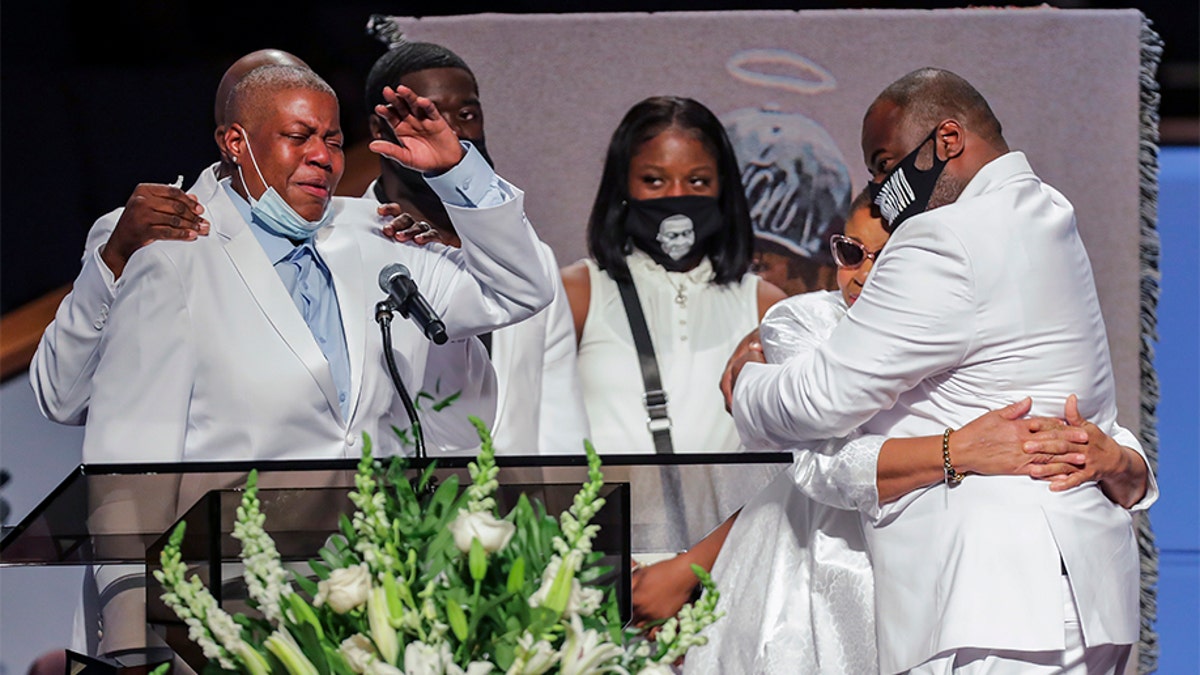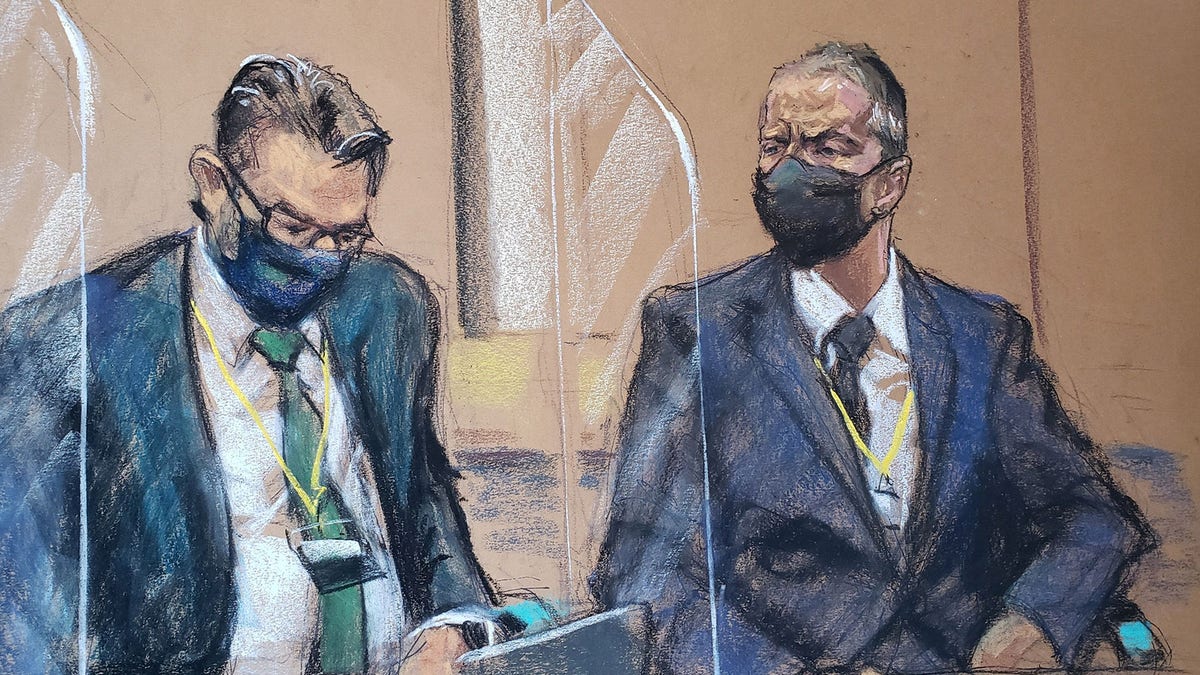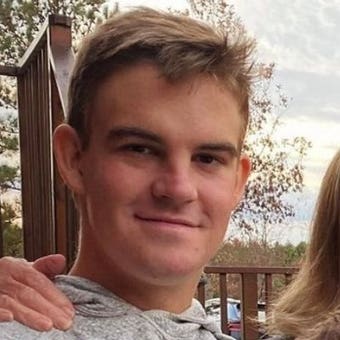Minneapolis to pay record $27 million to settle George Floyd family lawsuit
FOX News legal analyst Mercedes Colwin reacts to the 'astronomical' settlement on 'America Reports'
George Floyd, a 46-year-old Black man, died in May 2020 while being restrained by Minneapolis police, setting off worldwide protests that sometimes turned violent and a racial reckoning in the United States.
Now, jurors have been seated and a trial is set to begin Monday for Derek Chauvin, the fired police officer who has been charged with murder and manslaughter after kneeling on Floyd's neck for nine minutes before his death.

George Floyd died in May 2020 while in the custody of Minneapolis police.
Floyd's 46 years on Earth had their share of hardships, as he grew up in poverty and had multiple run-ins with law enforcement, but he is also remembered as a mentor who looked out for his loved ones and became a church outreach volunteer in Houston after a stint in prison.
JURY SET FOR FORMER POLICE OFFICER'S TRIAL IN FLOYD DEATH; BEGINS MARCH 29
"He was teaching us how to be a man because he was in this world before us. He gave us a lot of great lessons," Rodney Floyd, George Floyd’s youngest brother, said at a memorial service. "I want you guys to know that he would stand up against any injustice anywhere."
Floyd was born in North Carolina but moved to Houston at the age of 2 with his mother, where he grew up in the city's Third Ward.

LaTonya Floyd speaks during the funeral for her brother, George Floyd, on Tuesday, June 9, 2020, at The Fountain of Praise church in Houston. (Godofredo A. Vásquez/Houston Chronicle via AP, Pool)
A star athlete in High School, Floyd got a partial scholarship to play basketball at South Florida State College. He spent two years in Florida before transferring to Texas A&M University for one year, then returning home to Houston.
Floyd bounced around jobs and was arrested several times in the late '90s and early 2000s on various drug and theft charges. In August 2007, he was arrested on an aggravated robbery charge, for which he was sentenced to five years in prison.
Floyd moved to Minneapolis for a fresh start in 2014 shortly after his prison release. He worked as a security guard at a homeless shelter and then a club while learning to drive trucks.
Floyd lost his job in the spring of 2020 as the coronavirus pandemic forced the club he worked at to close.
FBI TO MONITOR MINNEAPOLIS 'AUTONOMOUS ZONE' IN GEORGE FLOYD SQUARE AMID DEREK CHAUVIN TRIAL
On Memorial Day of last year, Floyd was accused by a convenience store employee of using a counterfeit $20 bill to buy cigarettes and the police were called.
Police body camera footage show officers asking Floyd to step out of the vehicle he was in. After handcuffing him, there is a brief struggle, and officers eventually pin Floyd to the ground.
Floyd can be seen on bystander video crying out that he can't breathe as officer Derek Chauvin kneels on the back of his neck for roughly nine minutes. Chauvin and the other officers eventually relented after Floyd's body went limp. He was pronounced dead later that night at a hospital.

Derek Chauvin, the former Minneapolis police officer facing murder charges in the death of George Floyd, sits beside his defense attorney Eric Nelson on the first day of jury selection in his trial in Minneapolis, Minnesota. (REUTERS/Jane Rosenberg)
JUDGE WON'T DELAY DEREK CHAUVIN TRIAL, RULES CERTAIN EVIDENCE FROM FLOYD'S 2019 ARREST IS ALLOWED
Floyd's cause of death will be a main flashpoint in the trial of Chauvin.
Chauvin's lawyer, Eric Nelson, has argued that Floyd likely died from a fentanyl overdose.
Hennepin County chief medical examiner Dr. Andrew Baker listed Floyd's death as a homicide caused by "cardiopulmonary arrest complicating law enforcement subdual, restraint, and neck compression."
Dr. Baker listed other significant conditions as "arteriosclerotic and hypertensive heart disease; fentanyl intoxication; recent methamphetamine use."
Former New York City chief medical examiner Dr. Michael Baden, who performed an autopsy on Floyd's body, previously told Fox News that "there’s a wide range of what’s lethal or not," and the amount of fentanyl in Floyd's system "could be fatal to some people, not necessarily for others."
Hennepin County Judge Peter Cahill ruled last week that some evidence can be admitted from a 2019 arrest in which Floyd allegedly swallowed drugs as he was being apprehended.
CLICK HERE FOR THE FOX NEWS APP
Three other officers who have been fired for their roles in the incident face trial in August on charges of aiding and abetting second-degree murder and manslaughter.
The city of Minneapolis agreed to a $27 million settlement with Floyd's family in a civil lawsuit earlier this month.
The Associated Press contributed to this report.


